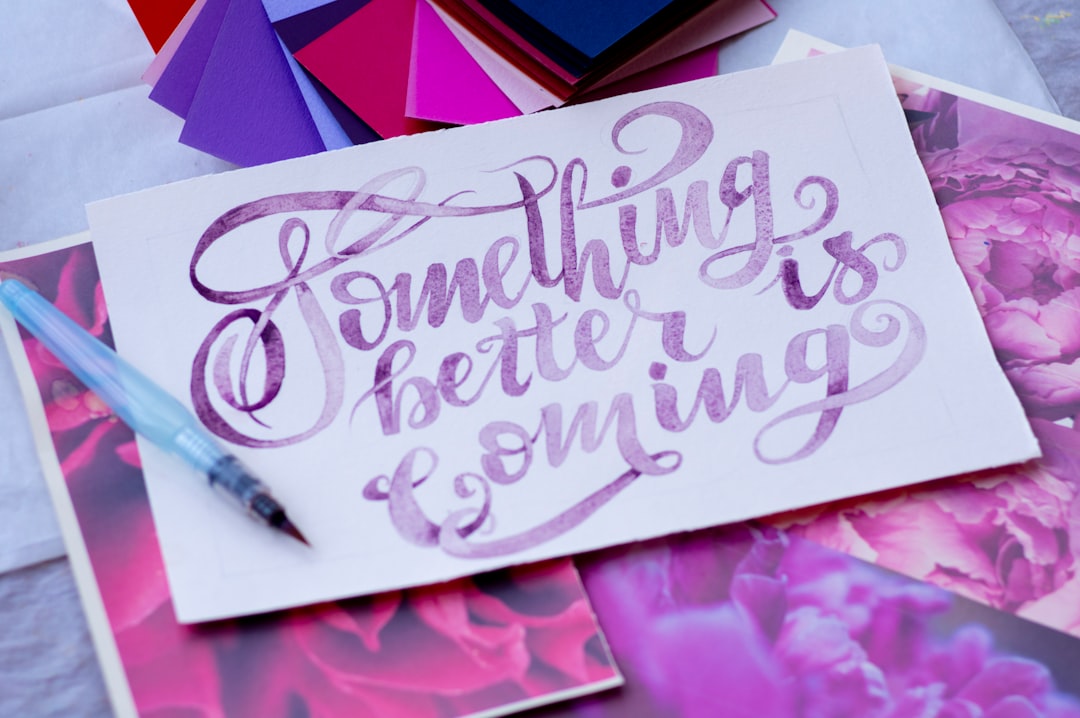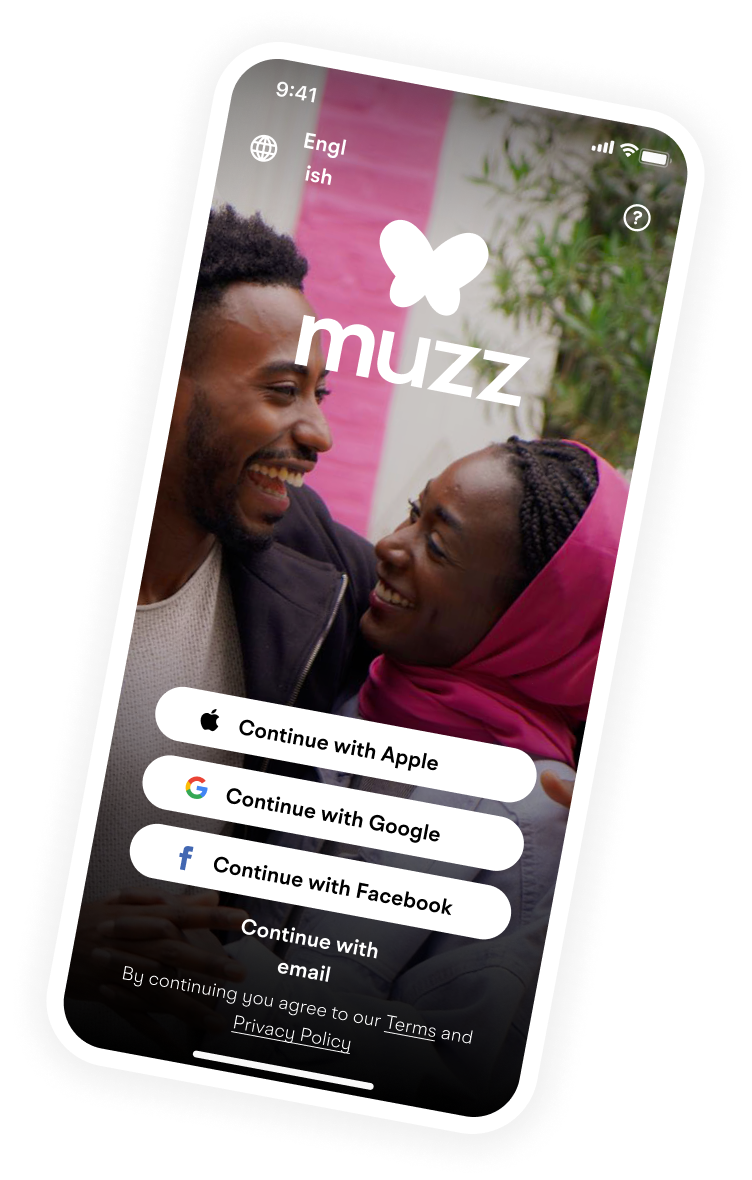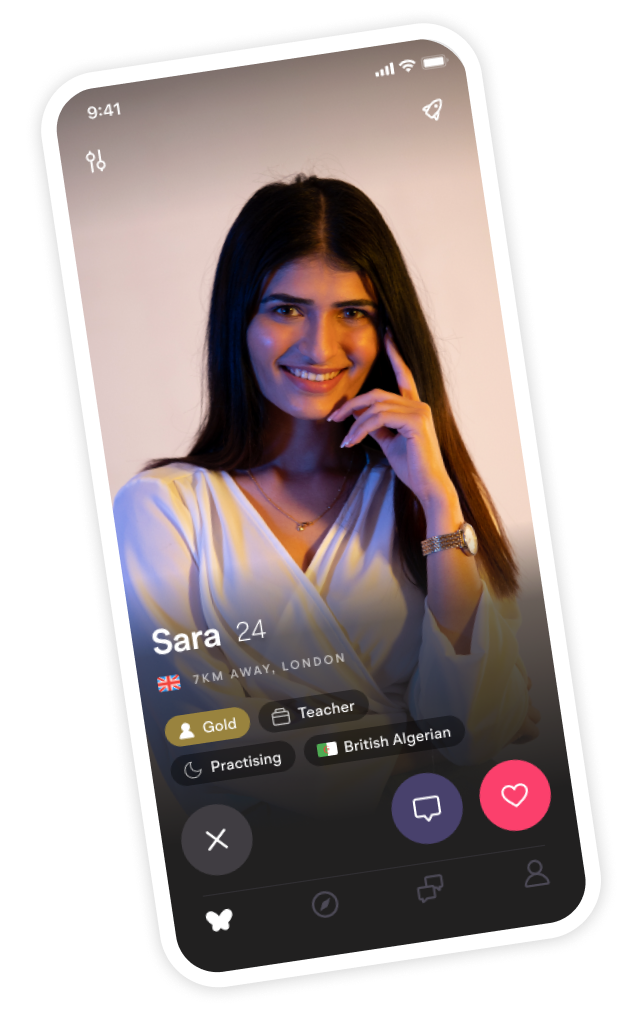
Affirmations & The Power Of Self Talk
August 8, 2022

There is no one you talk to more than yourself. No one you spend more time with, no one who has more influence on you, and no one who can impact you more than you.


Looking for your soulmate?
You won’t find your soulmate on this blog post but you might find them on Muzz - the world’s biggest Muslim dating and marriage app.
Embracing this truth allows us to start assessing and asking- How do I treat myself? How do I talk to myself? Am I good company for me?

There is a constant stream of thought running through our minds about who we are, how we are, how we are being perceived and who we should be. So often this stream of thought is out of our awareness; it's so familiar and happens so frequently, that we aren’t even fully aware that it is present and that it is shaping our reality.
Affirmations
It’s so important that we open up ourselves to bringing this internal dialogue to the forefront of our awareness and start being more intentional about it. Are these things I want to keep saying to myself? Is it helpful? What do I want to change about this dialogue? A powerful tool to reform out internal dialogue is affirmations: affirmations are positive statements that help us rewire our brain with words and thoughts that are supportive and better align with who we are and who we want to be.

Studies have shown that affirmations have the ability to increase your sense of self efficacy when faced with a challenging situation and can positivity impact performance. (Cascio, et. al 2015)
So let’s get started!
1) Grab a journal,and find a quiet spot to listen and reflect in.
a) Start noticing the things you say to yourself about yourself and write them down:
What do you say to yourself when you make a mistake?
How did you react towards yourself the last time someone was upset with you?
What do you say to yourself when you accomplish something?
b) The instinct to want to judge yourself for this internal dialogue might show up- take a moment to notice it and see if you can turn the volume down on that voice. We don’t want to shame ourselves for what we say to ourselves, we want to build awareness and find ways to change it- judgement does not help in this process.

2) Identify beliefs you hold:
a) I am ………….
b) People are …………………..
c) The world is …………………
d) God is ……………………...

3) For each negative internalized thought or belief you have, write down a more compassionate one you want to replace it with.
Notice I said compassionate and not positive- we aren’t trying to create “fake positivity”, it’s inauthentic and doesn’t work. What we are working to cultivate is self compassion- the ability to honor our humanness and approach ourselves with gentleness.
Example:
What not to do: “I am failure” to “I am successful at everything you do”.
What to do: “I am a failure” to “I am capable of learning, growing and doing things well.” or to “I accept mistakes as part of my growth.”
Be creative! Come up with affirmations that feel meaningful to you and align with your values. Studies show that the more connected your affirmations are to your values, the more effective they are. (Cascio, et. al 2015)
4) Practice!
This isn’t something that is going to magically change, and you’re going to go from a negative internal dialogue to a compassionate dialogue. It takes practice and active work.
a) Expect resistance! We often assume that if we’re trying to do something good for ourselves, it’s going to be easy. It’s not. When our brains are used to something, change can feel uncomfortable. That's okay! Even if your brain is resistant to believing your more compassionate affirmations or beliefs, keep repeating them.
b) Look for proof for the compassionate affirmations you have created.
As you’re building your new affirmations and beliefs, start to look for proofs in your life to support them.
For example, if your new compassionate self belief is “I am worthy + capable”- look into your life and find some proof! If you’re struggling to come up with it on your own- ask a friend. Friends are often able to see us in lights that we struggle to see ourselves in.

You are now on your own journey of self compassion! It’s a sometimes hard and very often beautiful journey that leads us to finding our best self. As a last note, an easy rule of thumb I use for myself and my clients is- If I wouldn’t say it to my best friend, I’m not allowed to say it to myself!
Sumayyah is a therapist in Mclean, VA working with muslim women to heal and gain access to their most authentic selves. She's passionate about universal emotional skill building and believes that all of us have the ability and the right to know how to take care of ourselves emotionally. You can find her on instagram and facebook @growthwork.

